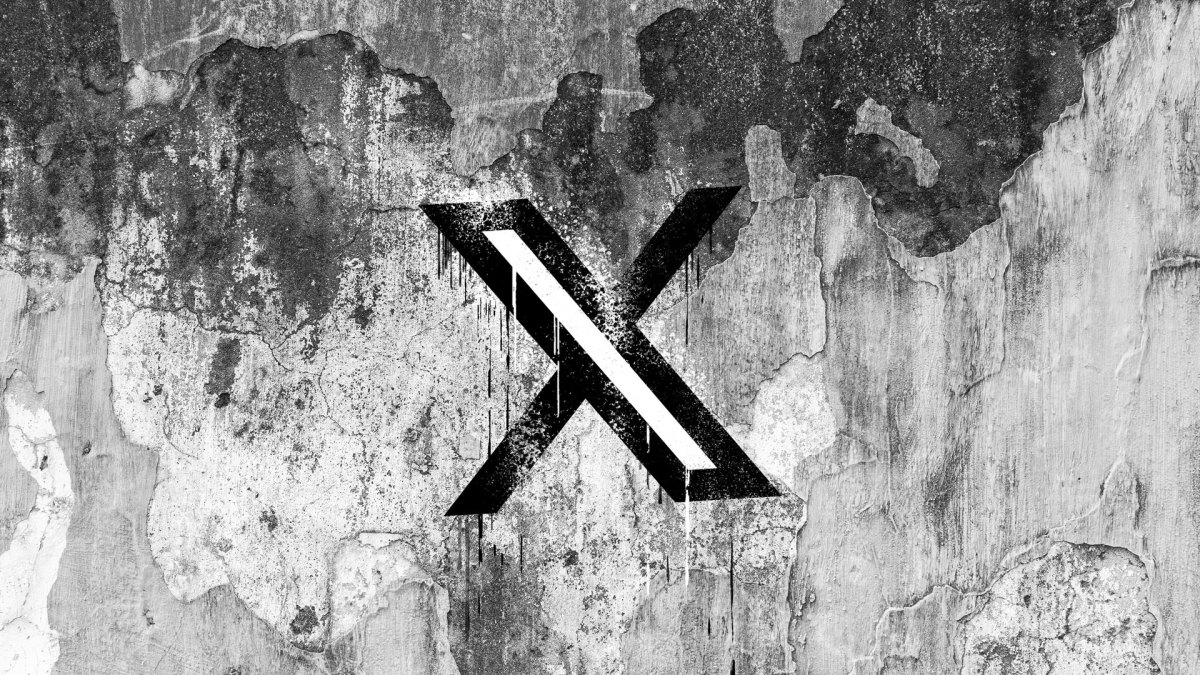When the war between Israel and Hamas broke out last October, we examined its potential impact on the tech ecosystems in Israel and Palestine. Nine months later, the prevailing sentiment in Israel, based on my conversation with founders and investors, is that the conflict has made the startup and VC ecosystem more resilient, especially its cyber and AI sectors.
The technology sector is a significant pillar of Israel’s economy: As of 2022, the sector employed over 14% of the workforce, contributed more than 18% of the GDP, and accounted for half of the country’s exports, according to the 2023 annual report from the Israel Innovation Authority.
Since the start of the year, 11 companies, primarily in cybersecurity and AI, have been acquired for over $2 billion. Notable acquisitions include Nvidia’s purchases of Run.AI and Desi, as well as Blackstone’s acquisition of Priority. Additionally, cloud security unicorn Wiz, which recently raised $1 billion, the largest financing round for any Israeli startup, is reportedly in talks for a $23 billion acquisition by Google.
The situation is not entirely rosy, however. Venture capital investments in Israel are down over 70% year-over-year (from 2022 to 2023), and many tech companies mobilized their employees into the reserves for the war effort.
“Several companies called many people to army duty in the first months of the war, which included about 10% of employees in the tech sector,” Dror Bin, CEO of the Israel Innovation Authority, said to TechCrunch in an interview. “Additionally, others were occupied during the initial weeks, and the education system was shut down, causing people to stay home with their kids. This situation impacted human capital significantly. For early-stage startups without revenues, it became tougher to raise funds.”
In addition, cyber-attacks targeting various sectors, including managed service providers, communications, finance, and health, have tripled since last October’s attacks. According to Gaby Portnoy, director general of the Israel National Cyber Directorate, these attacks have cost Israel over $3 billion since last October. However, the country’s cybersecurity industry, driven by skilled talent, graduates from the Israel Defense Forces’ tech units, and a robust entrepreneurial culture, has played a crucial role in defending against these cyberattacks.
For some, the war has had only minimal impact on Israel’s ongoing need to protect itself from hackers the world over. “Clearly, more people are trying to hurt us and attack Israeli organizations, the government, and companies than ever before, but it’s simply that more of the volume of the music has been turned up, rather than we are hearing a whole new kind of composition,” Jon Medved, CEO of VC firm OurCrowd told TechCrunch.
Cybersecurity and AI startups still popular with investors
Medved, who runs Israel’s most active venture capital firm, said the war certainly didn’t simplify the life of the average Israeli investor. Not only were there instances of companies with key personnel serving in the reserves, as Bin described, but many global investors would prefer to wait for the war to end before they commit large sums of money to Israel.
Despite this, venture capital grew in the first half of 2024, which augers well for the ecosystem. Private funding in Israel in the first half of 2024 saw a 31% increase, amounting to $5.1 billion, with the cybersecurity sector playing a crucial role, representing 52% of the private funding; global trends in cybersecurity are driving this increased activity, according to Startup Nation Central, an NGO that reports on the Israeli tech ecosystem.
Startups in popular sectors like cyber and AI continue to secure funding, with companies like WIZ, Hailo, and AI21 Labs underscoring both sectors’ importance and attractiveness to investors. At the same time, early-stage and early-growth companies in less-trending areas face more significant funding challenges, the report noted.
“Almost another billion dollars of exits were made in the cyber area in the first quarter of 2024 despite the ongoing war,” remarked Medved. “Cyber clearly has been the leading sector for Israeli tech and investing, and it’s the gift that keeps giving. One could hope that AI will emerge strongly, with important tech breakthroughs and funding, certainly at OurCrowd, where we are believers in this revolution with over 80 investments in AI so far.”
Hailo, one of OurCrowd’s portfolio companies, is the poster child for AI companies in Israel. The company produces AI processors for edge devices, known for their high performance at low cost and power consumption. Hailo recently raised $120 million at a $1.2 billion valuation, securing the funds amidst escalating conflict (the AI chip processor started and concluded fundraising between last October and this April, according to CEO Orr Danon).
In a conversation with TechCrunch, Danon mentioned he hadn’t witnessed a change in global investors’ sentiment over the past few months, which one could attribute to the ease of fundraising to Hailo’s position as an AI startup. However, he noted that the fundraising environment has become significantly more challenging for other founders, particularly those outside the cyber and AI sectors, compared to a year and a half ago.
“It’s hard to say how much of this is due to the war and how much is just part of the economic cycle. Overall, things are recovering, but only in specific areas; for instance, the cybersecurity sector is performing exceptionally well,” Danon added.
How local investors and other stakeholders stepped in
While the war is a significant concern, startup founders and their investors know keeping their businesses running is crucial. Most Israeli startups have a global customer base, with many go-to-market teams based in the U.S., meaning the war won’t directly impact sales in the short term. However, startups outside the cybersecurity and AI sectors have had a harder time raising funds to scale their operations.
Efforts from organizations like the Israel Innovation Authority and OurCrowd have proven crucial during these times. For instance, the Israel Innovation Authority launched a program called Fast Track to provide grant money to early-stage startups that were pre-revenue and caught in the middle of fundraising rounds with local and global investors before the war started. According to Bin, the program raised over $100 million, with an additional $150 million provided by the private sector, all deployed to 250 early-stage startups.
“We observed that these companies didn’t have enough funds to continue operations, and we didn’t want to see hundreds of great companies go under,” said the agency’s head. “In total, we injected $250 million into these companies within three months, and by the end of January, these startups knew they would receive funding and could continue their operations. The idea was to extend their runway for more than a year, allowing them to survive during the war and return to fundraising without pressure.”
For its part, OurCrowd launched the Israel Resilience Fund last December to support startups affected by the war or develop solutions relevant to Israel’s immediate needs, such as reconstruction, emergency medicines, food security, media monitoring, and cybersecurity. The fund aims to raise $50 million but has secured $17 million in commitments as of March. Notably, OurCrowd, which has invested in 35 startups through this fund, waived all management fees and carried interest. The fund will
The use of AI has become more intertwined with various industries now more than ever. Roey Eliyahu, co-founder and CEO of cybersecurity unicorn Salt Security, told TechCrunch that most cybersecurity startups are integrating or adopting AI capabilities to enhance their products, enabling customers to better defend against cyber threats. He added that the API security startup also incorporates generative AI to help customers quickly consume and understand threat data.
“We have been leveraging ML and Big Data for years to analyze API behavior and detect threats that traditional rules and signatures cannot prevent,” Eliyahu noted. “Recently, we developed an AI assistant so users can interact for a more streamlined experience, similar to using ChatGPT compared to a traditional Google search.
While AI applications in cybersecurity can range from assisting in more cost-effective code development to aiding in penetration testing, Medved believes the global tech industry is still in the early stages of AI for cybersecurity and advises caution.
“It’s an incredibly hot area, and one must remember that not only are the good guys using AI to protect us, but the hackers are also busy deploying AI to make us more vulnerable and steal our money and identities,” Eliyahu remarked.


























































